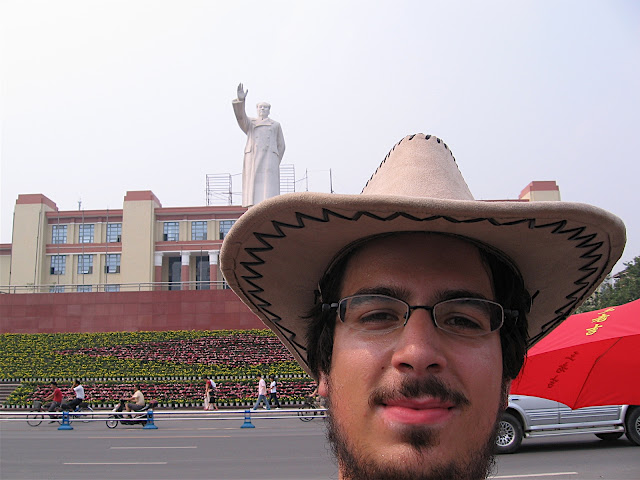A British doctor volunteering in DR Congo used text message instructions from a colleague to perform a life-saving amputation on a boy.The operation he did, a forequarter amputation, would be considered a challenge by any surgeon, even in a world-class institution. That Dr Nott was able to do it for the first time with very little back up and text message instructions is amazing (although he is a vascular surgeon, so this is exactly the type of surgery he is used to do, but still). The operation is tricky because you have to remove the scapula and a portion of the clavicle in addition to the limb; this means you have to cut the thorax and avoid some of the body's most important blood vessels while you cut almost all the major muscles of the upper back and chest, remove the scapula and cut the clavicle. The boy is alive and well, a few weeks after the surgery. Had the surgeon not performed the operation, there is no doubt that the boy would be dead now.
Vascular surgeon David Nott helped the 16-year-old while working 24-hour shifts with medical charity Medecins Sans Frontieres (MSF) in Rutshuru.
The boy's left arm had been ripped off and was badly infected and gangrenous.
Mr Nott, 52, from London, had never performed the operation but followed instructions from a colleague who had.
(...)There were just 6in (15cm) of the boy's arm remaining, much of the surrounding muscle had died and there was little skin to fold over the wound.
Mr Nott knew he needed to perform a forequarter amputation, requiring removal of the collar bone and shoulder blade.
He contacted Professor Meirion Thomas, from London's Royal Marsden Hospital, who had performed the operation before.
"I texted him and he texted back step by step instructions on how to do it," he said.
But this amazing story is another reminder of the continuing violence in DR Congo. Humanitarian aid and highly technical and difficult operations might do good, but what the region truly need is a real political solution.




No comments:
Post a Comment